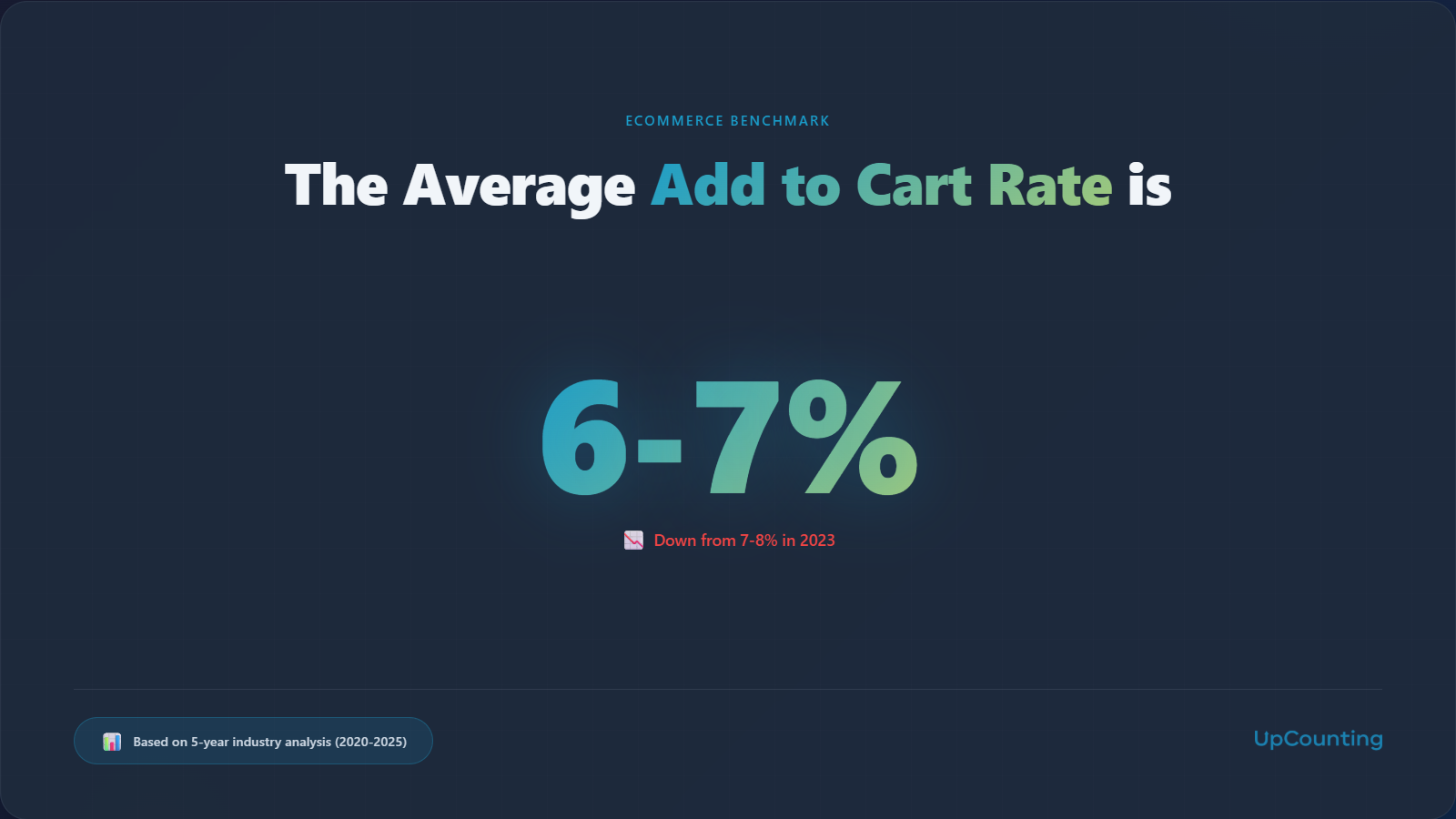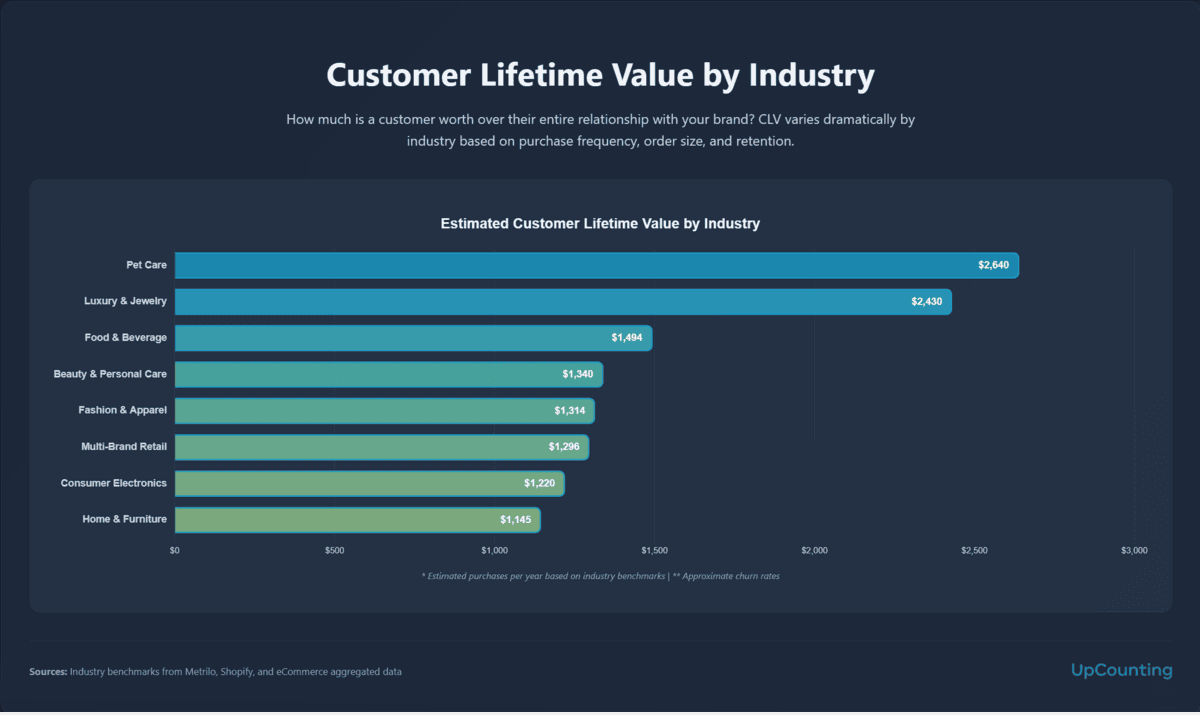If you’re running a business and selling on Amazon, then there’s no doubt that keeping track of your income and expenses is crucial.
When it comes to maintaining your records, you need to make sure that they are accurate and precise. This is where accountants can help.
These professionals can help you understand the importance of your taxes, manage your finances, and create a successful business model – all while meeting the requirements set by Amazon’s marketplace guidelines.
Hiring a professional to do your accounting for Amazon will ensure that you are compliant and everything is done correctly so there are no surprises come tax time!
What is Amazon Accounting?
Amazon sellers face unique problems. Accounting is one of the more distinctive difficulties in the business world. This is true for any company, but there are several significant differences when it comes to Amazon accounting.
An Amazon FBA business has many elements that require proper bookkeeping which can be difficult without professional support or guidance.
It is important to understand that the basic accounting practices are not going to be sufficient for a business selling physical products on Amazon.
There are many areas of an Amazon FBA business that require bookkeeping and tax reporting beyond what is required by a traditional business. Some of these areas are:
- Inventory valuation
- Determining the cost of goods sold
- Foreign currency transactions
- Shipping and customs costs
- Use of proper tax strategies to maximize deductions
What is Cost of Goods Sold (COGS) and why does it matter to an Amazon Seller?

Cost of Goods Sold, or COGS for short, is the total expense of purchasing your goods to sell on Amazon. It includes the purchase price plus shipping costs.
The idea behind this metric is that it shows how much money you are spending to acquire new product. COGS are particularly important when trying to determine overstock levels to keep your COGS to sales ratio as low as possible.
What are some costs to consider?
There are several other costs that you need to take into account when selling on Amazon. These include:
Amazon Commissions: Amazon takes around 15%-20% of all sales as a commission.
FBA Fees: Amazon charges FBA sellers a fee for storing and shipping their products. This can add another $1-$4.50 or more to each sale, depending on the size and weight of your product.
Shipping Costs: If you’re shipping your products yourself, you’ll have to consider the expense of packaging materials as well as your labour costs.
How does COGS impact your profit margin?
The higher your COGS, the lower your profit margin will be, unless you raise your prices.
If you continue to add more items to sell on Amazon and don’t adjust your pricing accordingly, then you can quickly find yourself in a situation where almost every sale is unprofitable.
How to deal with inventory issues
Inventory issues can come up even to the best Amazon sellers.
Inventory is one of those areas where it is essential to be able to take action as quickly as possible. The earlier you spot an issue, the easier and more cost-effective it will be to resolve it.
Common Issues
- Wrong estimation of demand for a product
- Damage during the shipping process
- Getting stuck with product that no longer sells
These issues are an inevitable part of being an Amazon seller. The best way for this to manage these issues is by having quick access to quality information about your finances, COGS, and profit margins.
Having access to this information in real-time is essential for making informed decisions about your business, whether you run it as a full-time job or just a new seller on the side.

What should you do if you receive foreign currency?
Foreign currency transactions are those that involve the selling of your products to a customer in a different country than you. If this is not something that can be avoided, then it is best to work with an accountant who understands how to handle these kinds of issues and account for them properly.
Accurate forecasting and planning will help you avoid future foreign currency transaction issues. It is important to know the value of your money in each country that you sell your product in so that you can plan out how much you need to charge for it.
You also need to be aware of any transaction fees that you will have to pay, along with bank transfer fees for moving money in and out.
Are You Taking Advantage of Tax Benefits?
As an Amazon FBA seller, you can receive tax benefits by taking advantage of allowable deductions. Allowable tax deductions include the cost of goods sold as well as packaging materials and other expenses related to your Amazon store.
In addition to those charges, you can deduct the following business expenses from your tax return:
- Marketing & advertising costs
- Technology expenses associated with selling on Amazon
- Depreciation of business equipment and property used in your Amazon business
- Office expenses (such as cell phone, internet, etc.)
- Employee wages (both part-time and full-time)
What about Sales Tax?
Sales tax is another area that you need to consider before taking action. If your business has a physical location, then you will need to collect sales tax from customers and account for it accordingly.
Depending on your situation, this can either be easy or hard to do – so working with accountants that know how to handle these situations can make a big difference.
If your business does not have a physical location, then you will only need to account for sales taxes in states where you have established fulfillment centers.
Why Bookkeeping Matters to Amazon Sellers

As a business owner, you will want to keep track of your stock and know how much money is coming in and going out of your Amazon FBA store. Amazon sellers can use Amazon’s built-in software to help them do this.
However, if you want more detailed reports and trend analysis, then it is best to work with ecommerce accountants that can provide hands-on support in these areas.
Bookkeeping services for Amazon sellers
- Monitoring sales and stock
- Tracking expenses and revenues
- Preparing financial statements
- Payroll services for employees
When deciding to outsource your bookkeeping, it is best to make sure that you are working with an accountant who specializes in ecommerce.
This way they will understand all of the sales tax implications that are associated with selling physical products on Amazon and other eCommerce websites.
Do I need an accountant for my Amazon business?
There are many ways in which a professional accounting firm specializing in Amazon FBA businesses can help.
Some of the larger areas where an experienced company can be quite beneficial include:
Tax Strategy & Filing
- Assist in developing a tax strategy that is custom fit for your Amazon business
- File all necessary corporate returns
- Assistance in any audits from tax authorities
Bookkeeping & Payroll Services
- Keep track of all financial transactions
- Prepare monthly reports to show your Amazon earnings over various periods
- Provides assistance with payroll & W2s for employees
Business Consulting & Advisory Services
- Develop a custom business plan to help you achieve your goals
- Implementing the most up to date accounting tools and cloud technology
- Assist with product management to help you meet sales targets
Depending on where your business is in its lifecycle, certain services will add more value than others. Even if you are only dealing with a small number of products, it’s still a good idea to look into accountants for your Amazon business.
By outsourcing your bookkeeping, you can save time and energy that you could spend focusing on other areas of your business. Outsourcing also allows you to free up capital that you could then invest in growing or expanding your company.
The sooner that you decide to take advantage of the benefits of an accountant, the better.

What to look for in an Amazon Accountant?
Professional Amazon accountants should have the experience to understand which tax strategies are likely to be most beneficial for long-term company success.
This means that they can guide how best to use tax savings to maximize your cashflow. They also know how to help with bookkeeping to keep track of all the various costs as Amazon sellers.
When it comes to hiring a professional Amazon accountant, there are factors that you should prioritize:
- Experience with inventory valuation
- Experience with clients requiring amazon accounting
- Expertise in sales tax rules for international and domestic customers
- Ability to provide bookkeeping and tax preparation services
An experienced, well-qualified Amazon accountant will be able to manage all of the accounting needs of an entrepreneur who is building a business selling physical products on Amazon. The right firm will also understand the complex sales tax rules for both international and domestic customers.
Conclusion
If you’re an Amazon seller and looking for a way to get the most out of your business, then a professional ecommerce accountant is one option that may be worth considering.
The level of expertise needed varies from one business to the next, but as a general rule, all Amazon businesses should have some form of financial oversight from someone who has experience working in finance and accounting.
A qualified professional will be able to give you a clear breakdown of all your business income and expenses so that you can use this information to improve your taxes.
If you’re looking for help with your Amazon bookkeeping, tax preparation, or accounting – contact us today!






.jpg)








